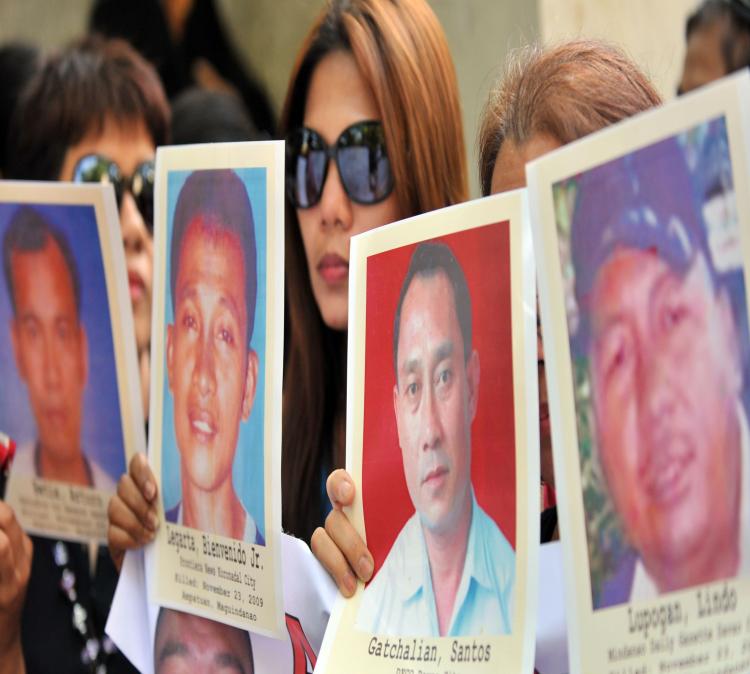The dangers faced by journalist in the Philippines are becoming ever more evident with yet another reporter murdered. Nestor Bedolido, a newspaper reporter was shot dead on Saturday, June 19, adding to the recent spate of attacks on journalists.
Two radio station workers, Desadario Camangyan and Jovelito Agustin, were also killed within a day of each, less than a week after Mr. Bedolido’s death. They were both known for being outspoken about issues relating to local politics in the Philippines. Several testimonies from witnesses led to charges being filed against several persons.
On June 15 Mr. Agustin was shot dead on his way home in the northern province of Ilocos Norte; charges have been filed against Pacifico Valasco, the vice-mayor of a town in the province, and his bodyguard who is believed to have been the gunman.
Mr. Camangyan was shot dead on June 14 while hosting a singing contest; some of his family were in the audience. A police officer and village head have been charged.





